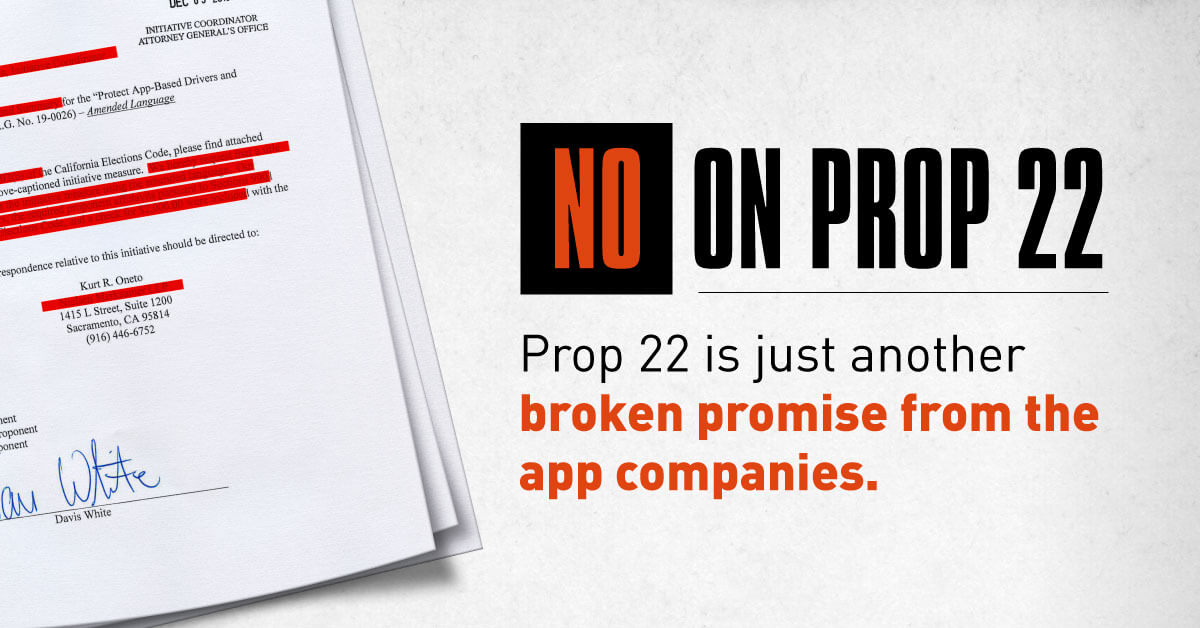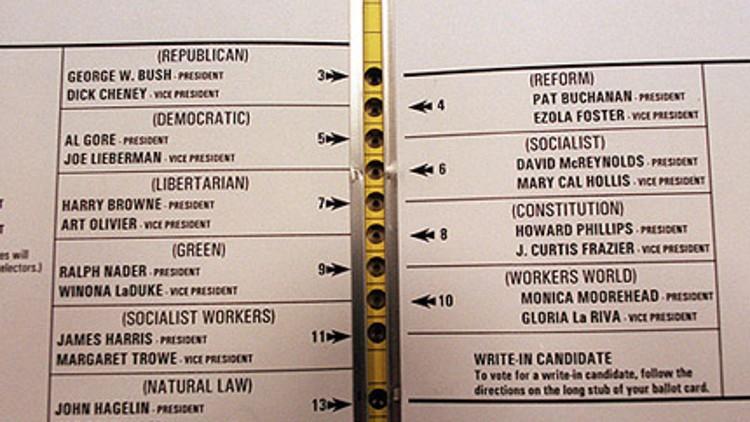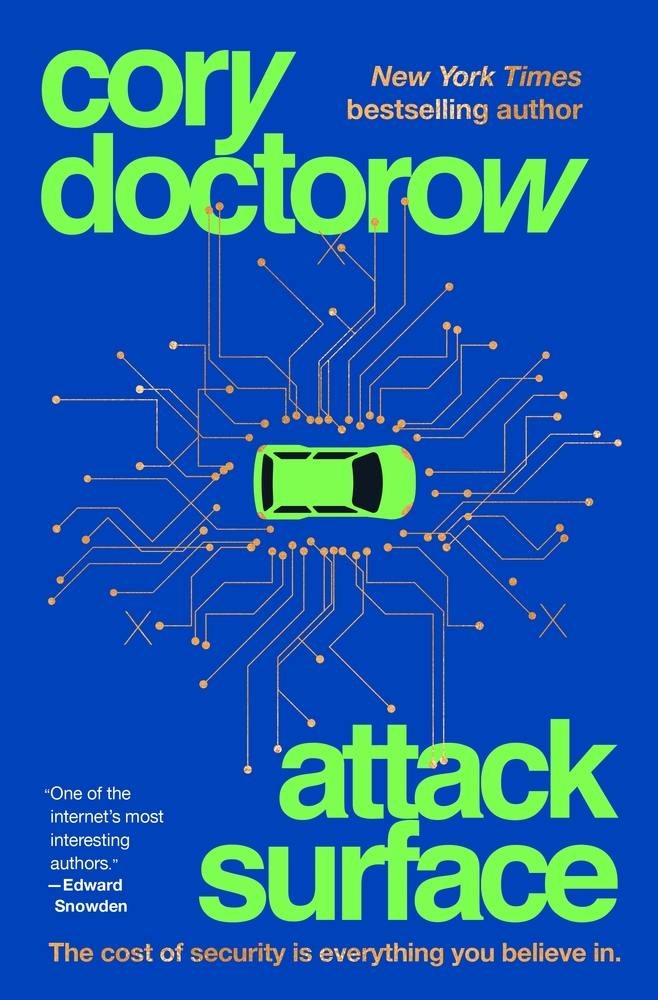
Hans de Zwart is a digital rights activist - he used to run the Dutch campaigning group Bits of Freedom - who also happens to be a massive Big Lebowski fan. He created thebiglebow.ski, a search-engine for Lebowski quotes.
1/
1/

Things were fine until de Zwart started getting user complaints: they couldn't share content from his search engine on Facebook. They got this cryptic error: "Your message couldn’t be sent because it includes content that other people on Facebook have reported as abusive."
2/
2/
In an article for @NRC, @reinierkist recounts the bizarre, kafkaesque journey de Zwart embarked upon to find out why Facebook had classed quotes from The Big Lebowski as "abusive."
nrc.nl/nieuws/2020/08…
3/
nrc.nl/nieuws/2020/08…
3/
Every single thing about the story demonstrates Facebook's manifest unsuitability to be in charge of the social lives of 2.6B people.
* de Zwart couldn't even ask Facebook to look into it unless he created a FB account first
4/
* de Zwart couldn't even ask Facebook to look into it unless he created a FB account first
4/
* FB wouldn't allow allow a lower-case "d" in "de Zwart" ("It is the arrogance of a giant American corporation which considers the correct spelling of the names of millions of Dutch people an edge case")
5/
5/
* When de Zwart complained to FB, he got another cryptic message telling him not to expect a reply, but thanking him for "his experience"
* Then de Zwart registered as a FB advertiser and bought a EUR5 ad for his site, thinking that FB might listen to him if he paid them
6/
* Then de Zwart registered as a FB advertiser and bought a EUR5 ad for his site, thinking that FB might listen to him if he paid them
6/
* The ad was rejected with this error: "this ad contains or refers to content that has been blocked by our security systems (#1885260)" (FB provides no way to look up error 1885260)
* To question this, de Zwart had to agree to four unreadable, one-sided legal contracts
7/
* To question this, de Zwart had to agree to four unreadable, one-sided legal contracts
7/
* When he did this, he got another terse message, thanking him for "helping us improve!"
De Zwart knew that FB - like all Big Tech companies - only ever corrects its mistakes when doing otherwise risks bad publicity.
8/
De Zwart knew that FB - like all Big Tech companies - only ever corrects its mistakes when doing otherwise risks bad publicity.
8/
So he pitched his story to Kist, who called up FB's PR office, and within days, the site was unblocked, with an apology for "the inconvenience." The only explanation? The site was misclassified by automated tools.
9/
9/
De Zwart has published an English translation of Kist's article. The subject matter is trivial, but the underlying message is frankly terrifying: our ability to talk with one another, organize and debate is in the hands of an uncaring giant.
medium.com/@hansdezwart/h…
10/
medium.com/@hansdezwart/h…
10/
FB is a company whose monopolistic scale means that it CAN'T moderate well, and also that it doesn't need to. What are you gonna do, use Instagram?
And despite this, regulators keep asking FB to do more automated filtering and more moderating.
11/
And despite this, regulators keep asking FB to do more automated filtering and more moderating.
11/
They're bad at this. Really bad. When they do this, they end up censoring their users' legitimate speech, and the only people who get a hearing from them are people who know journalists who can threaten them with public humiliation.
12/
12/
If you want to create a fairer and less toxic online communications world, reduce Facebook's monopoly power - don't make them a permanent, incompetent, unaccountable privatized arm of the state.
13/
13/
Asking Mark Zuckerberg to do more of something he sucks at won't make him better at it - it'll just put his legion of traumatized, outsourced moderators on a hair trigger that results in far more dolphins caught in their tuna-nets.
14/
14/
And while famous, privileged and powerful people will be able to get their material sprung from content jail, the marginalized, poor and desperate will have no such access.
(de Zwart never got his 5 euros back)
eof/
(de Zwart never got his 5 euros back)
eof/
• • •
Missing some Tweet in this thread? You can try to
force a refresh








